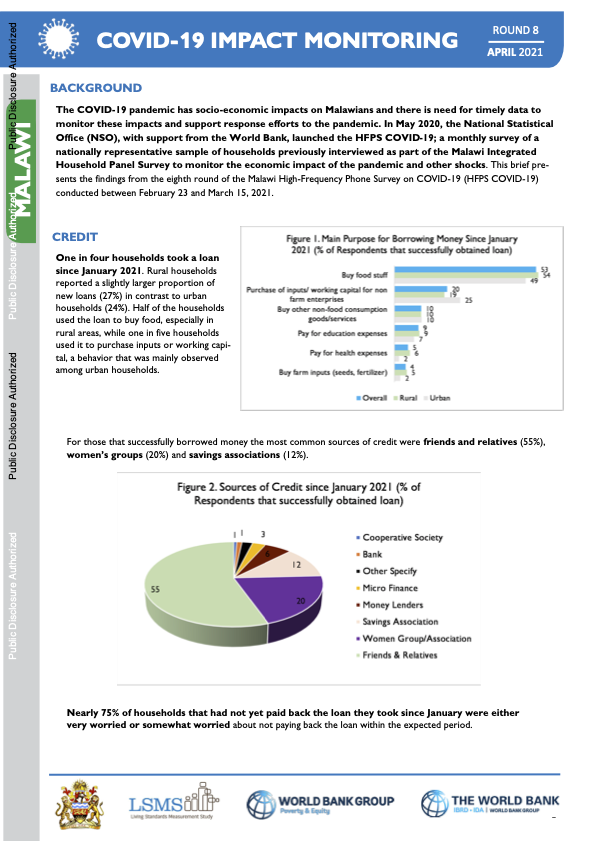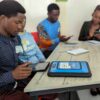The East and Southern Africa Health Library builds on our general Health Collection, offering localized resources relevant to health students and professionals working in the region. Some examples of these resources include census reports and data tables for Malawi, country-specific COVID-19 impact monitoring, regional government documents, and strategic health plans and guidelines.
First implemented in partnership with Peace Corps Malawi’s Advancing Health Professionals program, the East and Southern Africa Health Library is currently being used by Kamuzu University of Health Sciences (KUHeS) librarians, faculty and students, who bring the offline digital libraries with them during their clinical rotations at remote clinics and hospitals in Malawi where internet connectivity is expensive or simply unavailable.

Featured resources
Click and drag to scroll through featured resources below.
HIV PrEP messaging leaflet (Chichewa version)
This handout from USAID’s EMPOWER program provides information in Chichewa on HIV Pre-Exposure Prophylaxis.
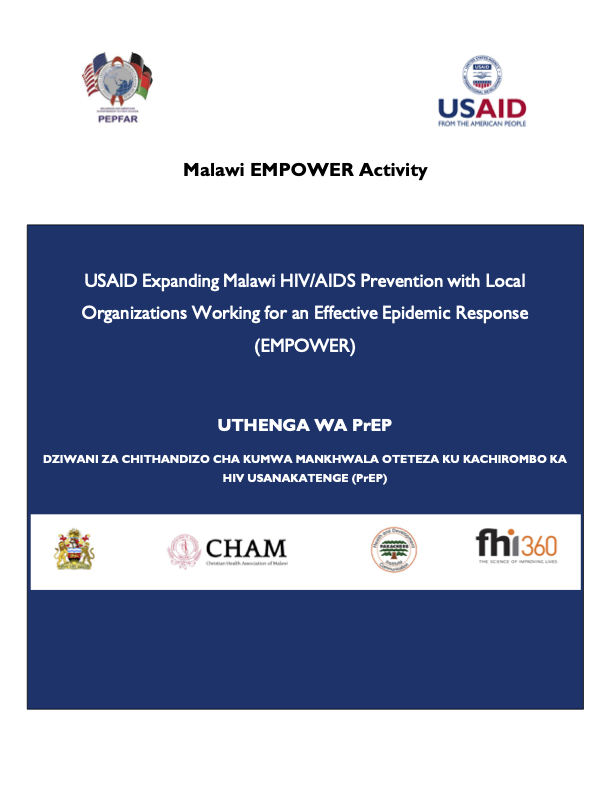
HIV Prevalence Fact Sheet: Data from the 2015-16 Malawi Demographic and Health Survey (MDHS)
This brochure shares data on HIV prevalence from the 2015-16 Malawi Demographic and Health Survey (MDHS), which provides data for monitoring the health situation of the population in Malawi.
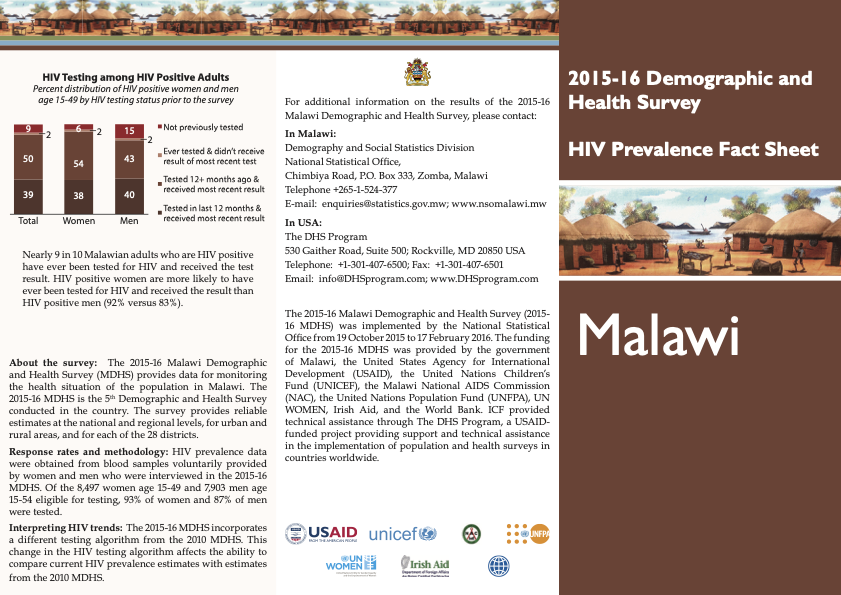
Malawi National HIV and AIDS Policy 2022-2027
This policy document outlines Malawi’s national HIV/AIDS policy, which aims at ensuring that evidence-based HIV interventions are implemented at scale in line with the national Health Sector Strategic Plan.
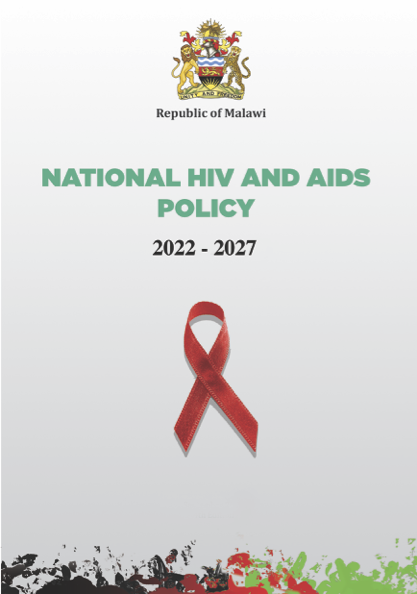
Evidence-Based Practice (EBP) Workshop for Students
This is the full, seven-part EBP module with recaps & activities from SolarSPELL’s workshop with KUHeS in Malawi. This document is offered to faculty and staff to use as an “all-in-one” EBP presentation without having to go through each individual video & find the accompanying activities.

Malawi COVID-19 Impact Monitoring: Findings from the Eighth Round of the High Frequency Phone Survey
This brief presents the findings from the eighth round of the Malawi High-Frequency Phone Survey on COVID-19 (HFPS COVID-19) conducted between February 23 and March 15, 2021.
